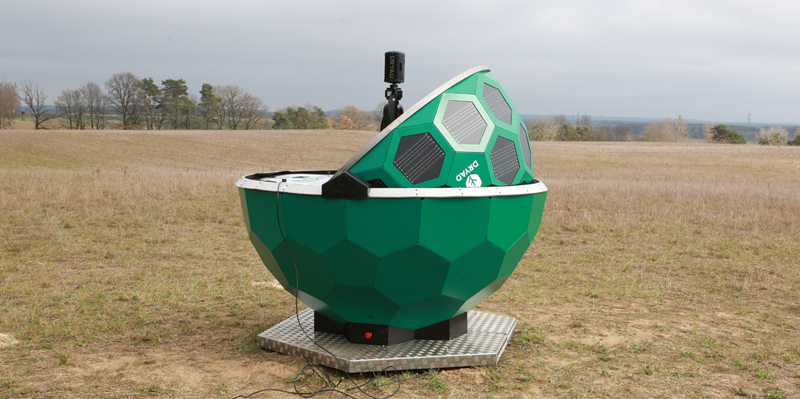Mouchel, the consulting and business services group, has revealed that a prototyping study conducted in Slovakia as part of an international project will help marry up INSPIRE services and the CAFE Directive.Dr Ana Grossinho, Associated Director and Technical Manager of Mouchelâs Air Quality and Odour Team, has presented the interim findings of prototyping solutions of the European Commission (EC) project at this yearâs INSPIRE Conference in Rotterdam in June.
The project, which examines the technical IT solutions necessary to effectively link INSPIRE services to the reporting and data exchange requirements of the CAFE Directive, is being developed by teams from four European Union member states (Slovakia, Poland, Austria and the UK), with Mouchel leading the Slovakian element of the study.The study builds on the original INSPIRE project, âDevelopment and prototyping of INSPIRE technical specifications for air, water, waste and biodiversity Environmental Monitoring Facilitiesâ, and follows up the methods and data models defined in the first study. It aims to prototype the full national air quality reporting life cycle to fulfill CAFE obligations to the EC in line with the INSPIRE Directive requirements and will make air quality data and reports available online to a range of users across Europe and the world through an interchangeable GIS format.Dr Grossinho said: âThe INSPIRE Directive is revolutionizing the way we share and publish air quality information collected and processed by or on behalf of public authorities, changing the way we report air quality assessment results. The driving concept of the Commissionâs vision is to increase efficiency, transparency and best use of air quality and environmental data for an holistic and integrated approach to protect the environment. This is in line with the Treaty and helps air quality data users to be suitably directed to data relevant for their particular needs.âThe Directive will allow air quality reporting to the EC to be streamlined, driving consistency of assessment methods across member states in the future. Identified constraints related with the implementation of INSPIRE in national air quality reporting systems are associated with the mapping of European air quality assessment results across the 27 member states. National air quality assessment methods and spatial resolutions vary across countries and the comparability and meaning of results at European level need to account for such differences.The CAFÃ/INSPIRE prototype looks at the way the four selected member states collect, quality control, process and report data to fulfill EC statutory requirements and aims to advise the ECâs Data Exchange Group on the way forward. Dr Grossinho is working with the UK and the Data Exchange Group - to which she is an invited air quality expert - to reach a common Air Quality Reporting European Model. The resulting guidelines will likely be approved by Comitology and then implemented at member-state level.The four member states have also been invited to develop and recommend a solution for an INSPIRE-compliant reporting of plans and programmes. âThe production of plans and programmes using an INSPIRE-compliant approach facilitates communication between planners, transport engineers, health and air quality officers as a result of the holistic approach GIS and web-based technologies provide,â said Dr Grossinho. âLocal air quality management is linked with national objectives and EC targets, and requires an adequate interchange between model scales and approaches. With INSPIRE-compliant methods, users will be able to overlay national and local air quality assessment results and identify the same information content. The system will make reporting more transparent and easier.â
For more information visit:
Subscribe to our newsletter
Stay updated on the latest technology, innovation product arrivals and exciting offers to your inbox.
Newsletter

